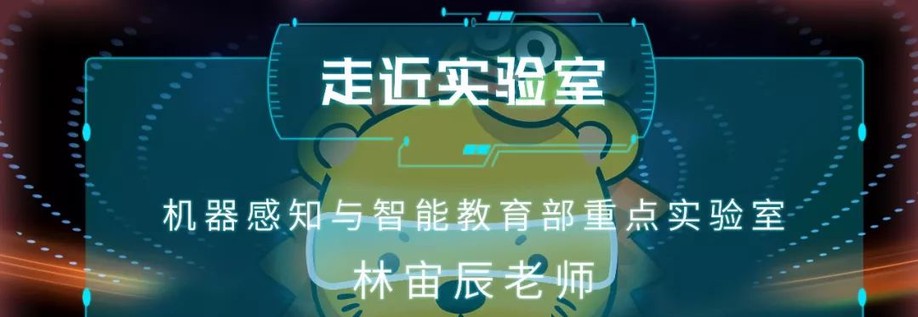
Zlin’s Extraordinary Research Oasis
Zeal, Excellence, Reliability and Openness
Welcome to the ZERO Lab, the research group lead by Prof. Zhouchen Lin (Zlin), affiliated to School of Artificial Intelligence, Peking University. We research on machine learning and computer vision.










